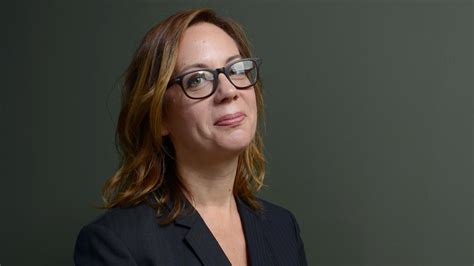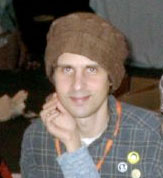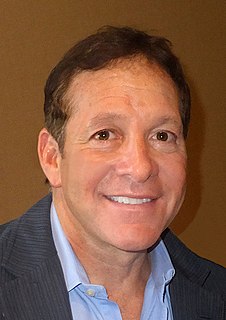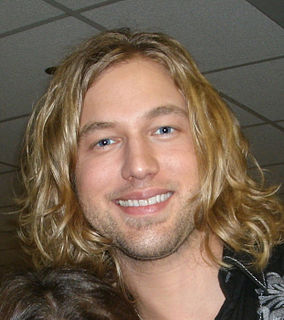A Quote by Catherine Camus
[Albert Camus] also says that nothing is true which forces exclusion. From that, you're obliged to accept contradictions if you don't want to reject certain obvious things about life, certain evidences. If you create a system, and you say 'here there is truth', in that kind of pathway [chemin], then you'll evacuate all the other pathways and you'll kill life. It's up to each individual.
Related Quotes
I think that is one of the things that is beautiful about fiction and that you can do through drama. If I was a detective, I could make a certain version of everything we know to be exactly true. And that would have a certain kind of truth value. And there are certain other things that we know that are emotionally true.
Through my life and my experience, I believe getting "positive mental attitude" is true. Your brain has certain pathways in it, and if you feed those pathways with certain types of thoughts, the blood goes to those neurons and nourishes them, and they grow and develop. That's how you build habits. Physically, I think that's how your brain works. If you have certain habits that are negative and causing you problems that you want to change them, you can actually change the blood flow and stuff in your brain by thinking a different way.
When I was a kid, I was obsessed with different planets in the solar system, and I used to create, for every single planet, a different alien race with a certain kind of pet, a certain kind of house, a certain kind of water system, and everything. I would draw these pictures. I had hundreds of these pictures in a box.
I think you've got to accept that certain things are in process that you can't change, that you can't overwhelm. The chaos of our cities, the randomness of our lives, the unpredictability of where you're going to be in ten years from now - all of those things are weighing on us, and yet there is a certain glimmer of control. If you act a certain way, and talk a certain way, you're going to draw certain forces to you.
When you're going over periods of your life, you remember certain things, certain events, certain people that you've forgotten. You've forgotten certain lessons or people you were very close to, and then you haven't seen them in a while. I think if you can go through life with the correct regrets, then looking back on it, like I did, a certain portion of my life is pretty enjoyable. All my regrets are ones that I'd like to keep.
Nothing is secure. That is my message. Nothing can be secure, because a secure life will be worse than death. Nothing is certain. Life is full of uncertainties, full of surprises - that is its beauty! You can never come to a moment when you can say, "Now I am certain." When you say you are certain, you simply declare your death, you have committed suicide.
If I do, I say so. That's the only way out of that. If there are three words that need to be used more in American journalism, commentary, politics, personal life... it's the magic words "I don't know." I mean, there are certain basic principles, like the dignity of the individual and the individual's responsibility, and certain basic economic principles, like how when something costs less, more of it will be consumed... There are certain things that I feel pretty confident about.
During the '80s, those you would call the young philosophers of France, such as Bernard-Henri Lévy and [André ] Gluxman, pointed out that Camus had said things no one wanted to hear in the political arena. They said it was [Albert] Camus who was right, not those who had slid under the influence of Sartre, that is to say an unconditional devotion to Communism as seen in the Soviet Union. And ever since then the evaluation of Camus has continued to modify up until today
A sermon is a form that yields a certain kind of meaning in the same way that, say, a sonnet is a form that deals with a certain kind of meaning that has to do with putting things in relation to each other, allowing for the fact of complexity reversal, such things. Sermons are, at their best, excursions into difficulty that are addressed to people who come there in order to hear that.






























